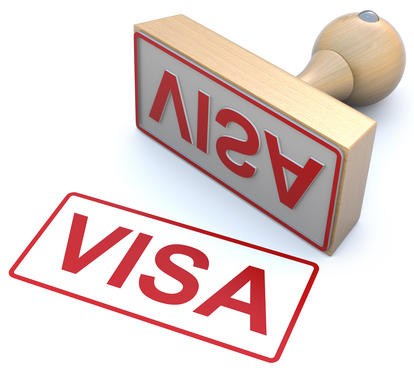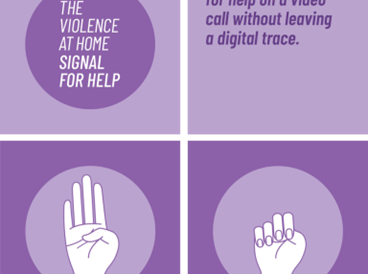- Posted on

Last week, the Czech Ministry of Labour and Social Affairs announced a proposed draft that could significantly simplify the work visa process for citizens of certain countries.
Here’s the key takeaway: Under this proposal, foreigners from the United States, United Kingdom, Canada, Australia, New Zealand, Japan, and South Korea could potentially gain free access to the Czech labor market without needing a work visa.
Important Note: It’s crucial to remember that this is still a proposed draft. Until the final amendment is officially approved, these changes are not yet in effect.
The proposed amendment to the employment law aims to exempt individuals from these seven countries from the requirement of obtaining work permits, employee cards, blue cards, or intra-corporate transfers to be legally employed in the country.
We understand you might have questions about what this could mean. We’ve gathered the most burning questions from our community about this potential change and sat down with our partner, Immigreat, to get the answers.
For those who already have a trade license here, will you now have free access to the labour market and can you be hired by a company as an employee?
Yes, the nationals that the new law concerns shall be able to get hired anywhere in the Czech Republic without any additional bureaucracy. It is important to keep in mind that one should always hold a visa in accordance with the main purpose of staying in the Czech Republic.
If a trade licence holder is also a holder of a trade license/freelancer/business visa, but will no longer work as a freelancer, but as an employee with an employment contract instead, a change of purpose of visa to Employee card should be considered. (note: that change of purpose )back) to trade licence visa is allowed only after 5 years of stay in the country!)
How are the benefits different from being a permanent resident?
Permanent residency is generally higher in the visa hierarchy than long-term residence permits, but similarly, it also grants its holders free access to the labor market. This new law will most likely not bring any benefits to those who are holders of permanent residency already.
Do you need a university degree to qualify for this new thing? (Because in order to get on an employee card as a long-term resident, you need a degree)
You don’t need a degree to get an employee card 🙂 Employee card application requires proof of education in case the Vacancy requires anything higher than primary school or when the job position is very specific and requires education. It is not yet clear how the new law will affect this.
Does this mean long-term residents have the same working rights as permanent residents?
Only when it comes to the right to work freely anywhere in the Czech Republic.
If a working visa is not unnecessary, what does that mean for our visas to live here? What does that process look like? Will we have to do something special with updating our living visas after this takes effect?
Your visas should still be kept the same and extended as usual.
GENERAL INFORMATION
Non-EU nationals who want to live in the Czech Republic for longer than 90 days must always have a relevant visa in accordance to the purpose of their stay.
If a person should relocate to Prague for work, it is most commonly the Employee one goes for.
Employee card consists of a residence permit and permits to work thanks to the Vacancy it is connected to. It is however also those who have free access to the labour market who can apply for an Employee card; Vacancy in those cases is substituted by e.g. study confirmation or diploma.
THE NEW LAW
The new law should grant free access to the labor market to citizens of 7 countries. It is assumed, therefore, that the process of obtaining the Employee card for these nationals will be made easier, waiving the Vacancy requirement.
Additionally, the change of employer process shall also be made easier as right now, an employer must publish a Vacancy and an Employee cardholder must apply for the change of employer. Such a process can take up to 60 days and brings quite a lot of stress to the applicants as many deadlines must be met.
Free access to the labor market should make the employment of these nationals a bit easier, however, one should keep in mind that applying for relevant visas/residence permits is still required for stays over 90 days.
__________________________________________________________________________________________________________________________
Kristýna Richtrová, founder of Immigreat, has over eight years of professional and hands-on experience living abroad. She can relate to your stressful situation of moving to a new country and help you solve various immigration problems. She provides services for both EU and non-EU nationals. Reach out to her for all of your immigration needs!



